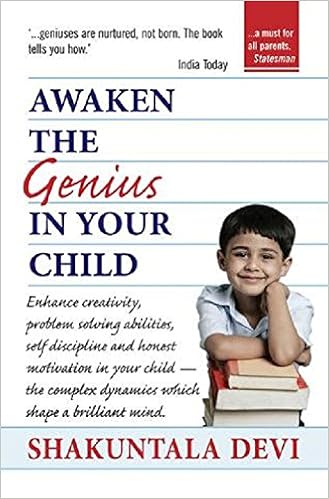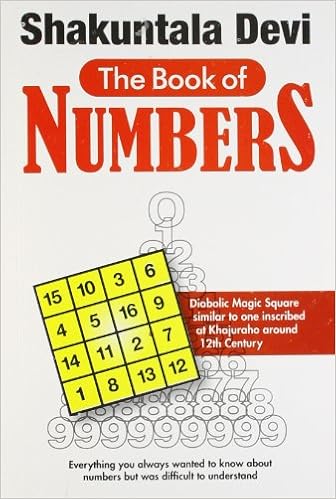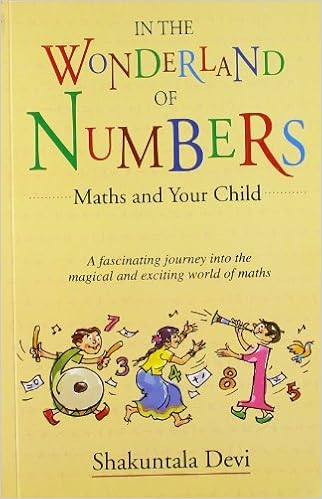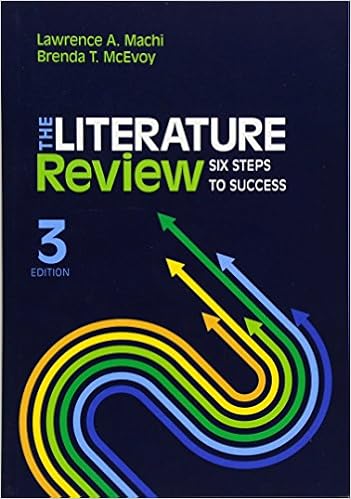Book Review of Super Memory It Can Be Yours Ageless Memory in 12 Practical Lessons by Shakuntala Devi
The book Super Memory It Can Be Yours by Shakuntala Devi starts with a sci-fi story written by one of her acquaintances. I read the story and wondered ‘How this anti-technology, stone-age-was-so-much-better story found its way into this book?’ And I completely lost interest. Eventually Shakuntala Devi explained how the technology is actively working against human competence. Then I remembered how I used to save all the numbers and names in my mobile till one day while going to office it was stolen. ‘Oh yes,’ I thought, ‘I know what she meant.’
In her book Super Memory It Can Be Yours, Shakuntala Devi
doesn’t teach you any magical trick. Instead, she tells you how years of
practice and right habit can release the memory power that remains underutilised. First,
she discusses the factors that directly or indirectly prevents you from
remembering things. Emotional clutters – she calls them. She suggests we
develop a positive mindset. Optimism optimises memory – she says. Super Memory
It Can Be Yours also tells you how to increase your concentration.
Then Shakuntala Devi classifies the remembering process
based on the dominant organ that is used in the method. Some people react more
to visual stimulants whereas some other may use their auditory skills. Some
remembers movements better than anything. Again some may use a mix of all the
above. The majority of us use a little bit of all the above, though any one of
the three is always the dominant. Several tests are provided to identify which
particular class you belong to.
Subsequent chapters in Super Memory It Can Be Yours are
devoted to remembering numbers, names etc. For each of them there are a number
of methods to choose from. Shakuntala Devi emphasizes on using imagination to
associate things. The stronger the association the longer the impression will
stay. Let the imaginations be absurd. No one is there to criticise. It’s for
your own good, so have a go with it.
Investing a personal meaning in a name makes remembering it effortless – because the reference already exists in your memory.
Now as for the association, the whole thing depends on
what’s best for you to imagine. It can be a celebrity, a river, a mountain
range or a movie. All that’s important is to create a picture around it – a
picture that is vivid and stimulating. You can also associate silly, absurd
words. Association, according to Shakuntala Devi is a personalised thing. One
should always feel free to make them any way one likes.
There are methods discussed in Super Memory It Can Be Yours
to remember long numbers, but I will discuss here only two. In first method,
you break a long number into manageable groups.
For instance, 2963452561 is a ten-digit number. So break it
down thus:
1 2 3 4296 345 25 61
Also we can pronounce the groups in a rhythm. Sometimes we
use this method spontaneously without actually being aware of it. In second method, Shakuntala Devi suggests we substitute
each number with an alphabet resembling it. For example, 1 looks like a T, 2 can be replaced with N, 3
with M and so on. Alphabets are visually more stimulating than numbers.
Besides for long numbers like a year, we can make words with each number and
then construct a sentence, which is always easier to remember than the number
itself.
In Super Memory It Can Be Yours, Shakuntala Devi covers
several other aspects like the best ways to take notes. There are also an
entire section devoted to common misconception people have regarding the memory
techniques.
I found this book by Shakuntala Devi fascinating. I learned
a great deal about memory enhancing techniques. There are exercises at the end
of each chapter. I found them particularly useful. They are like math games,
puzzles that you can use at parties to impress others. However the real aim of
Super Memory It Can Be Yours is to build a set of habits that not only improves
your capacity to remember stuffs but also guides on how and where to implement
those strategies.
 |
 |
 |













